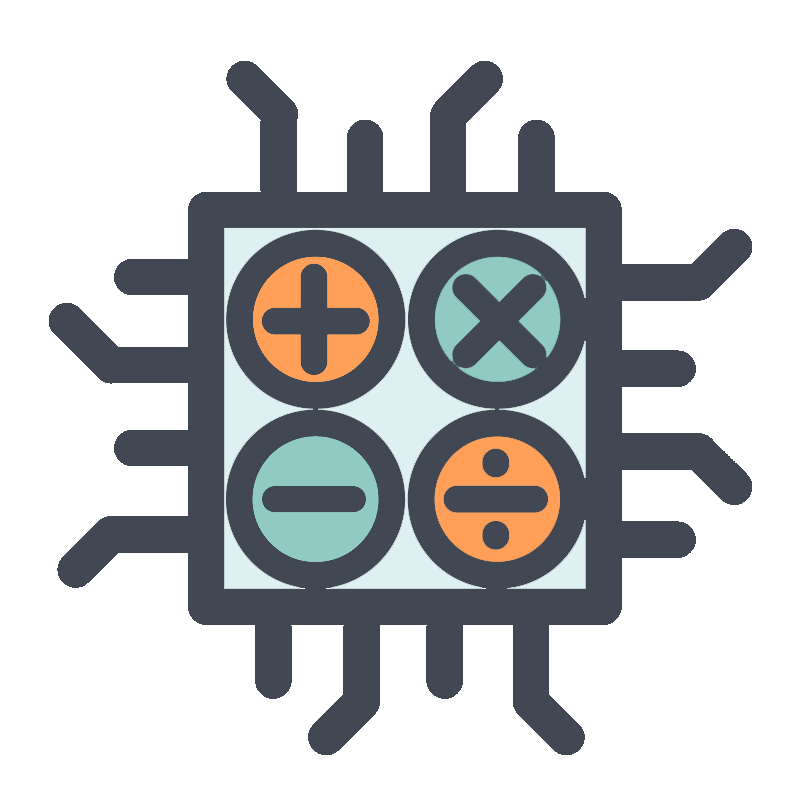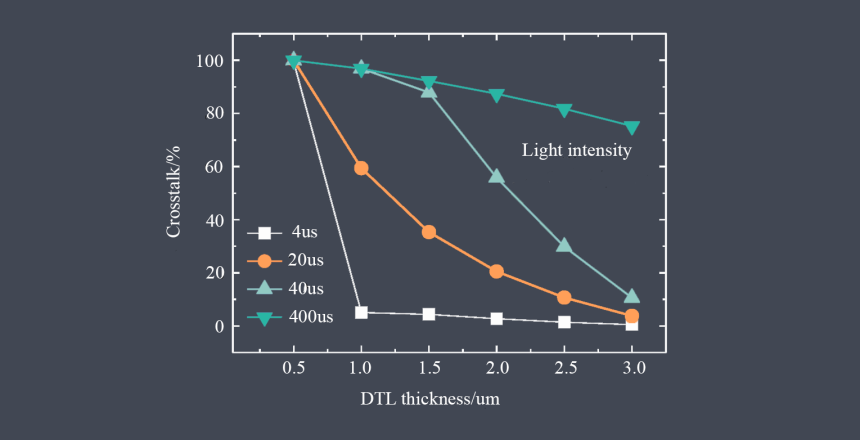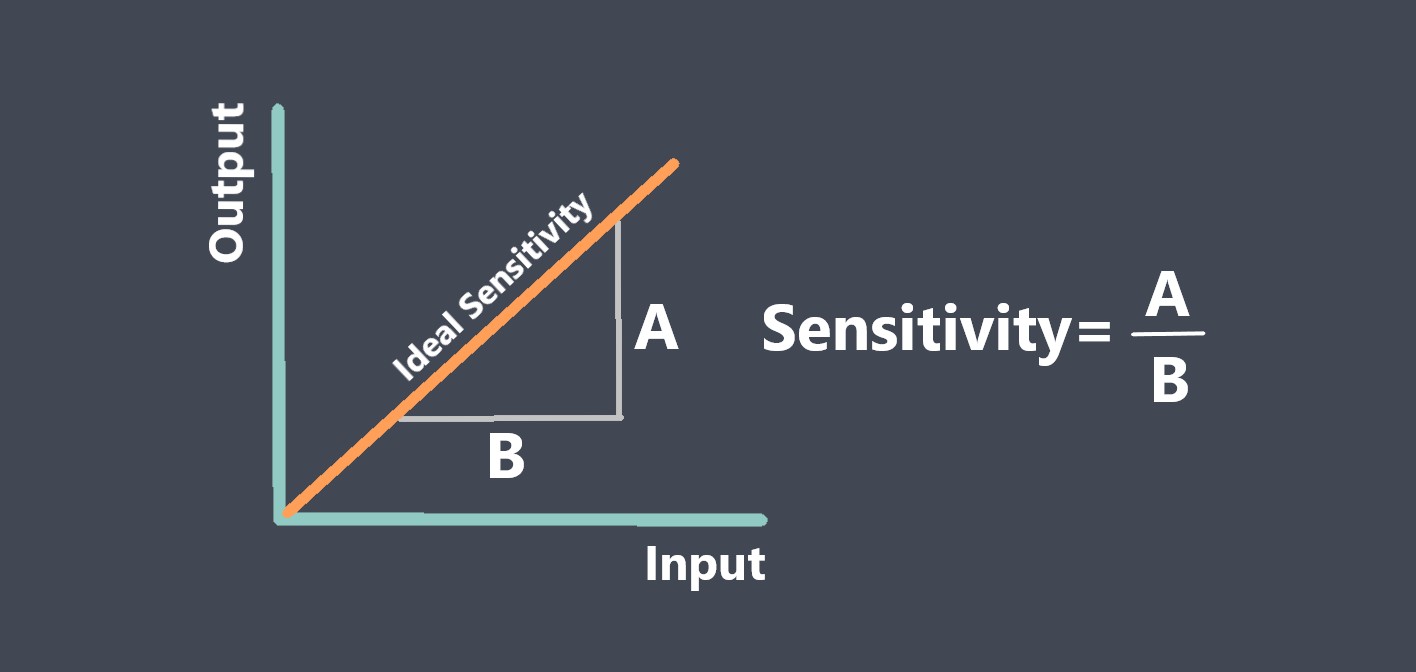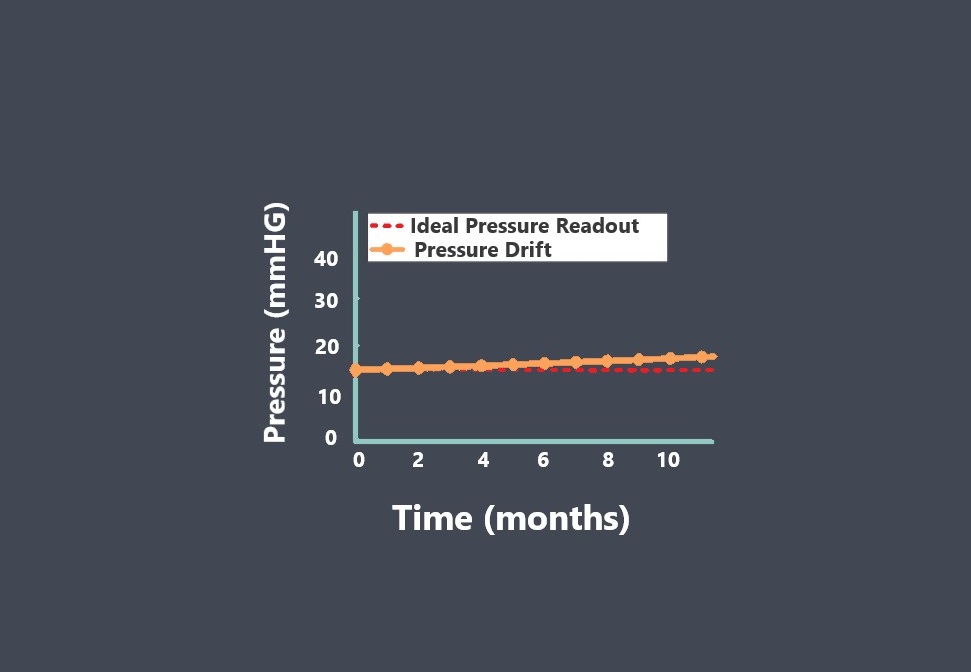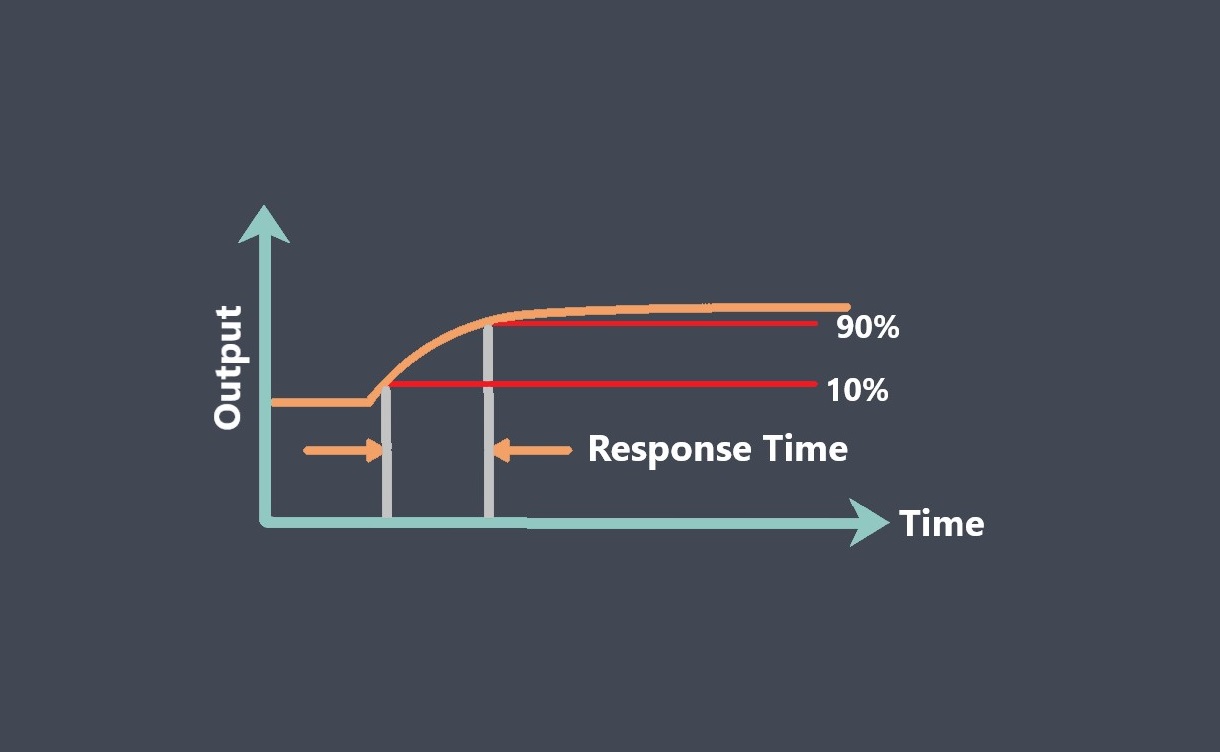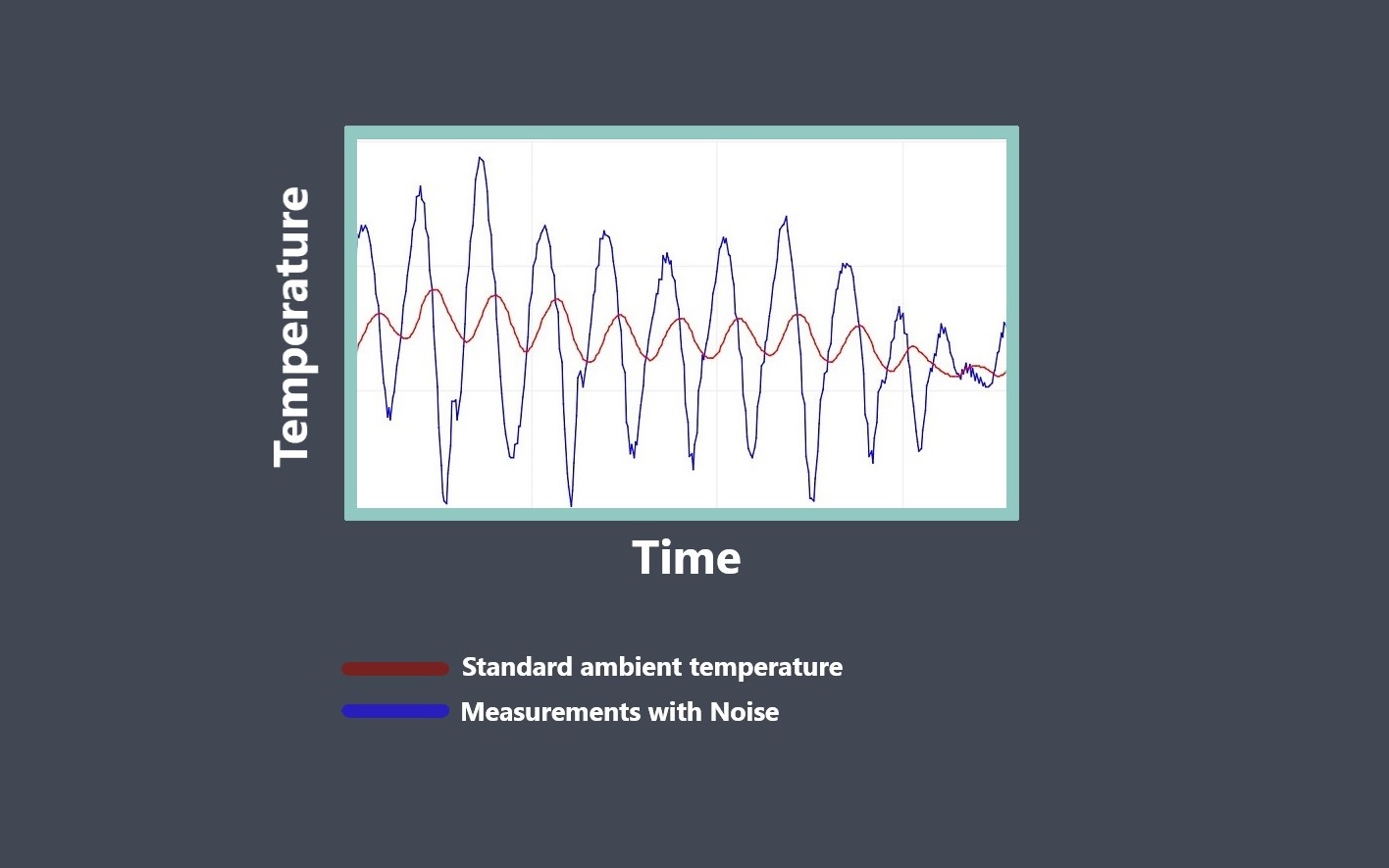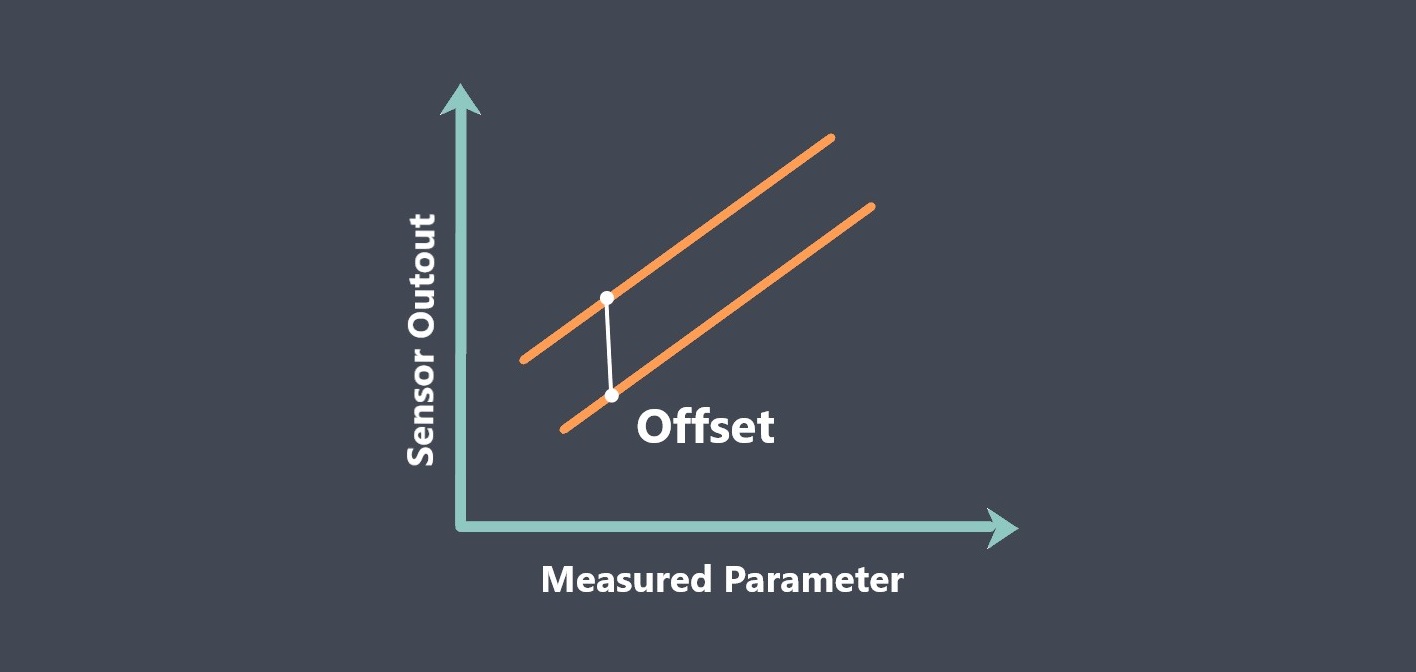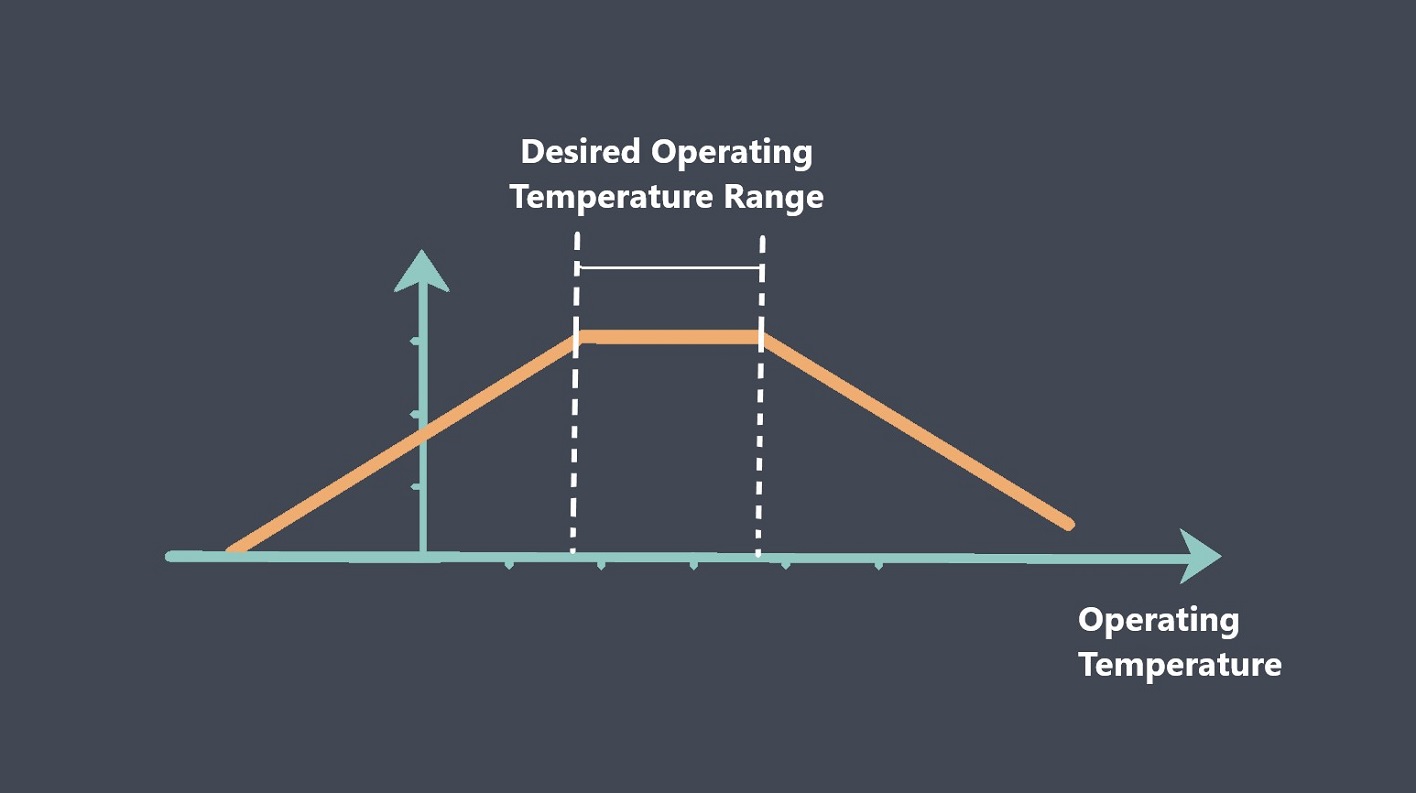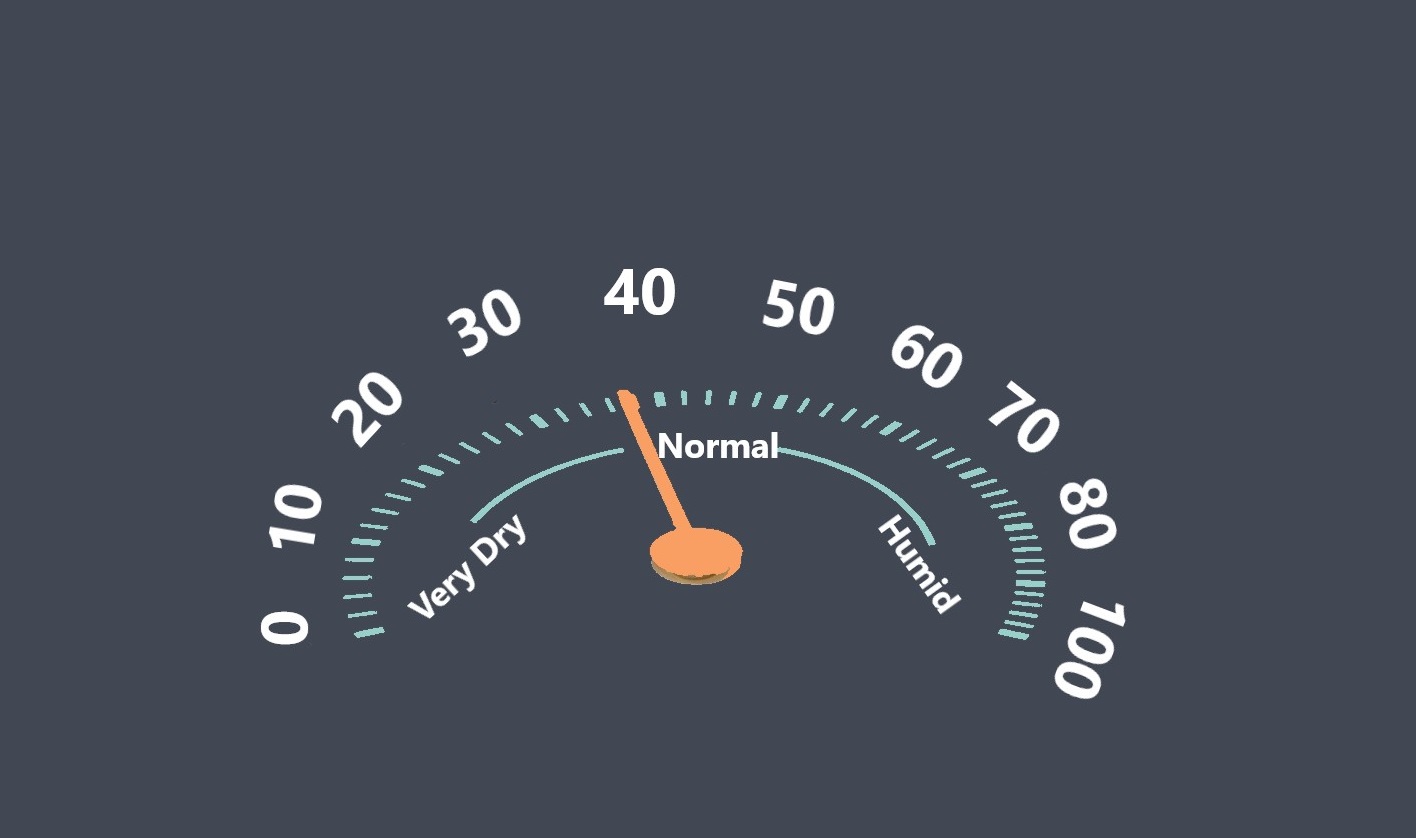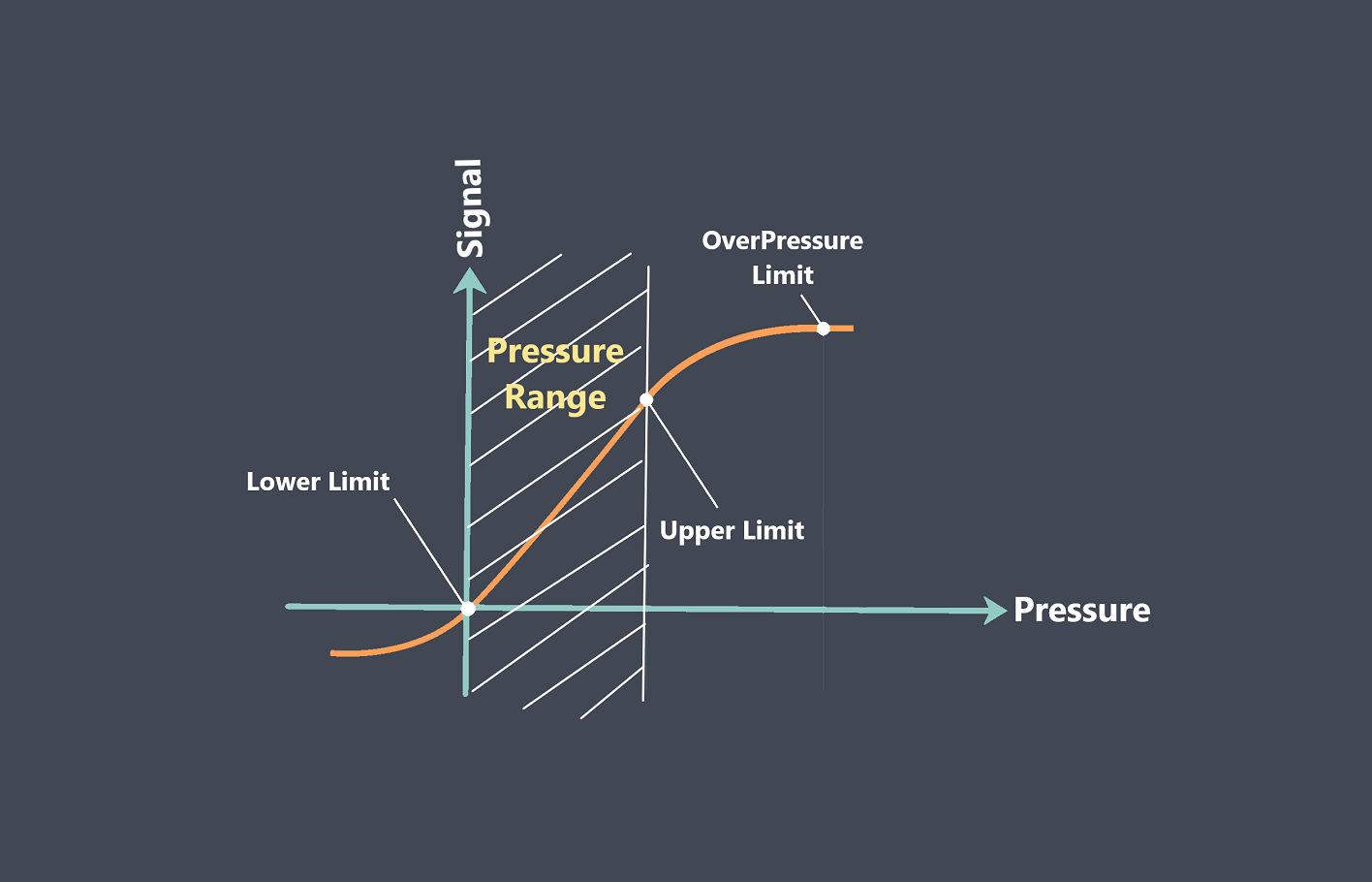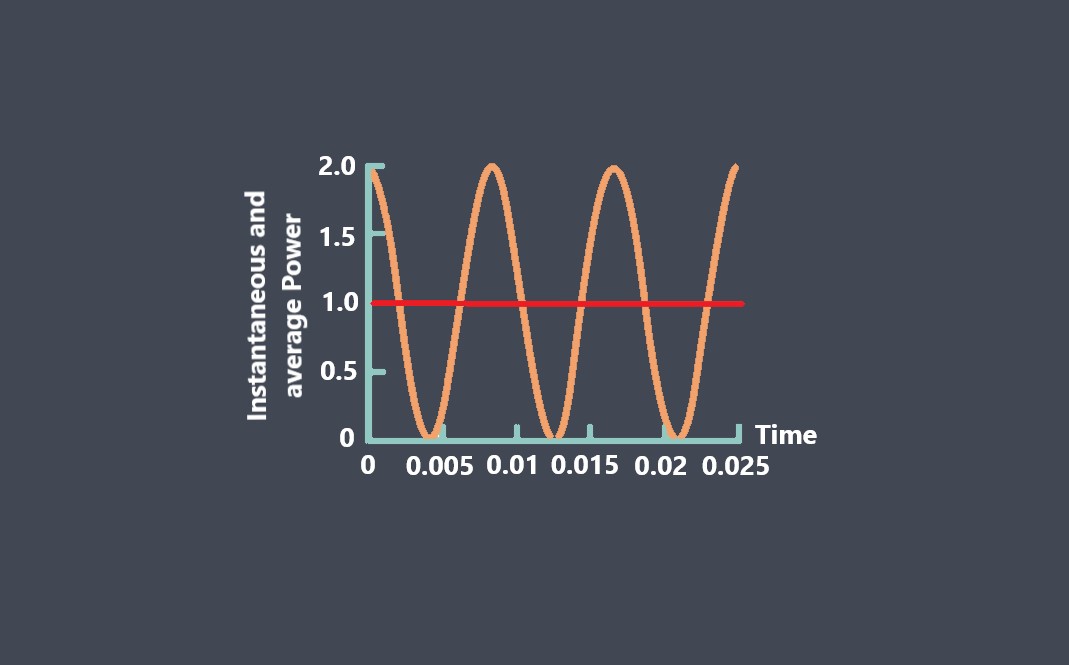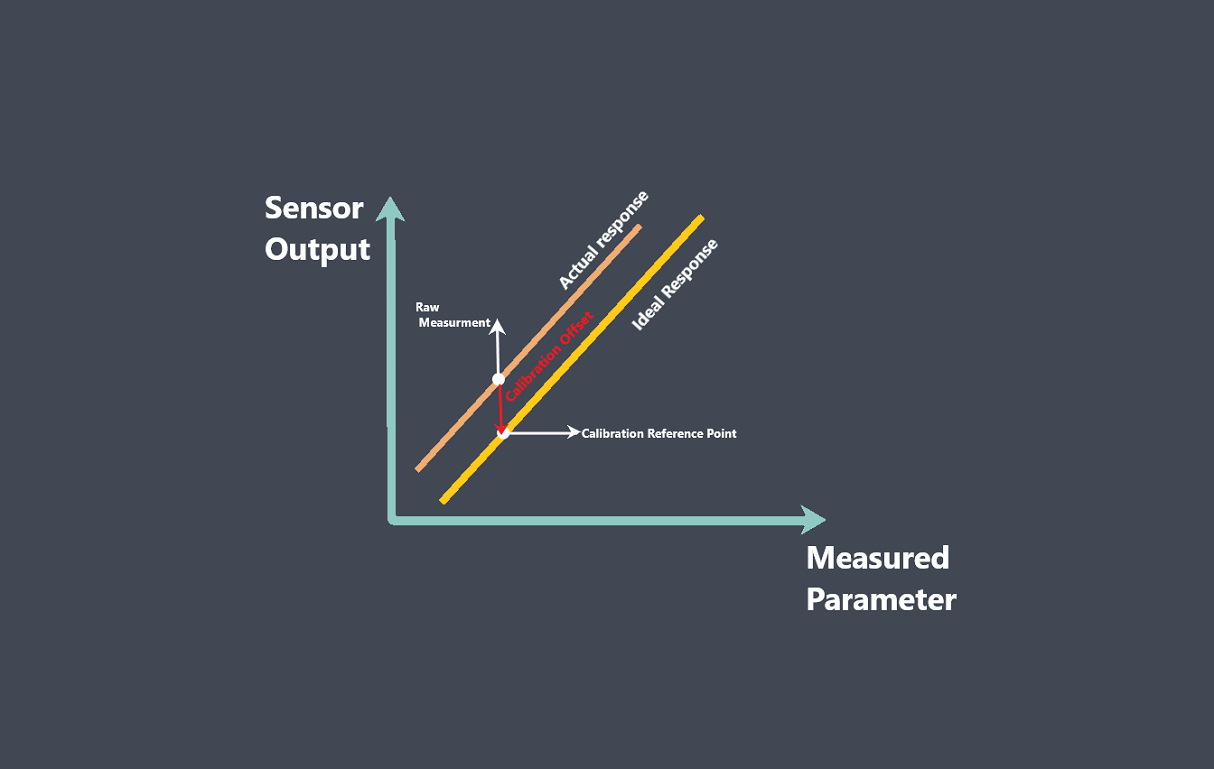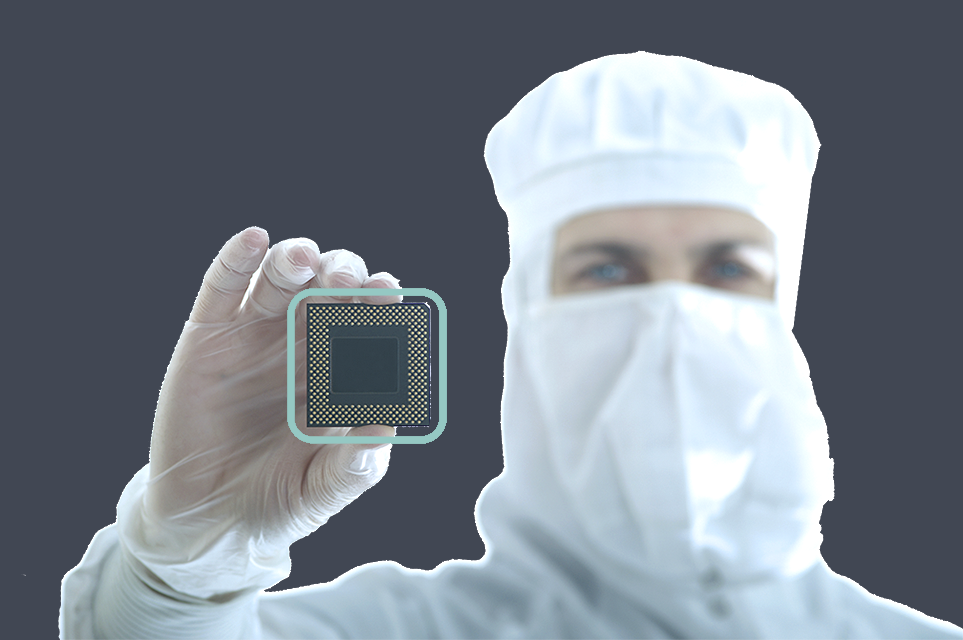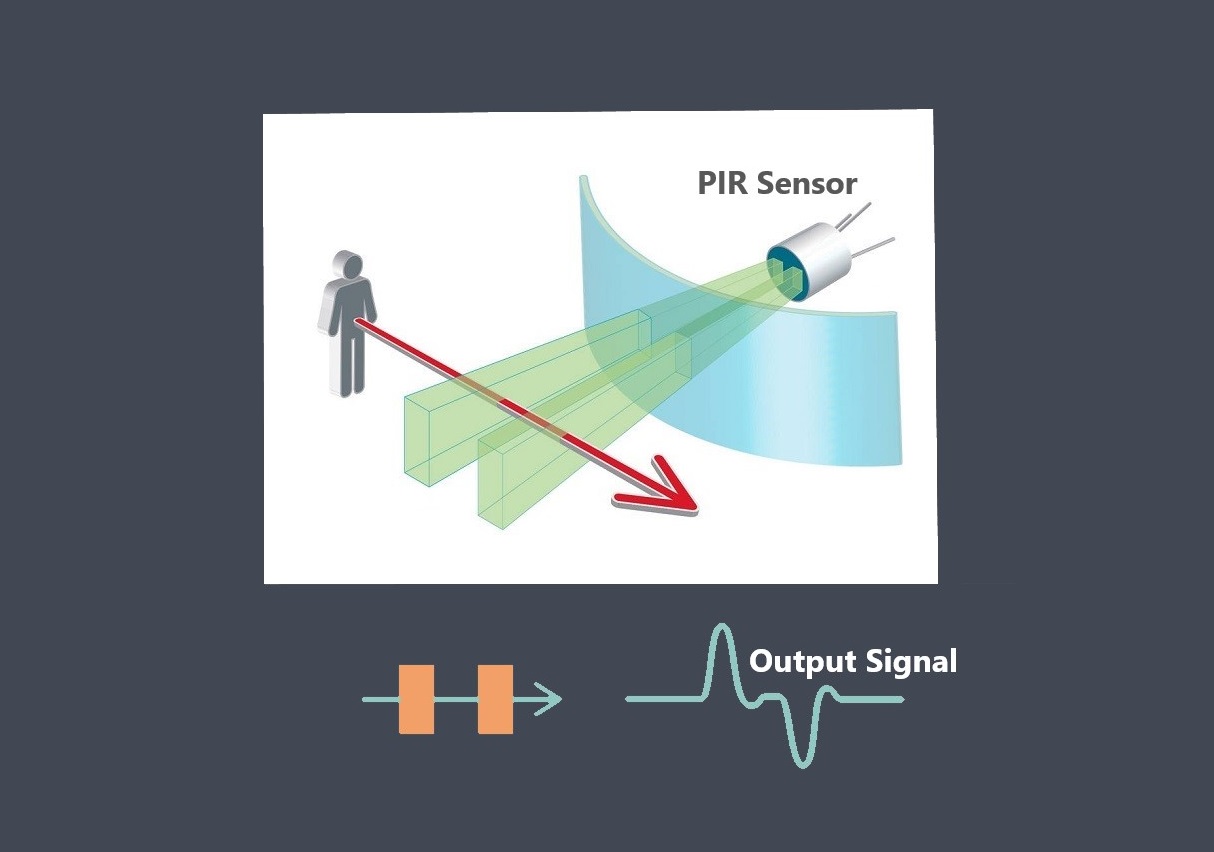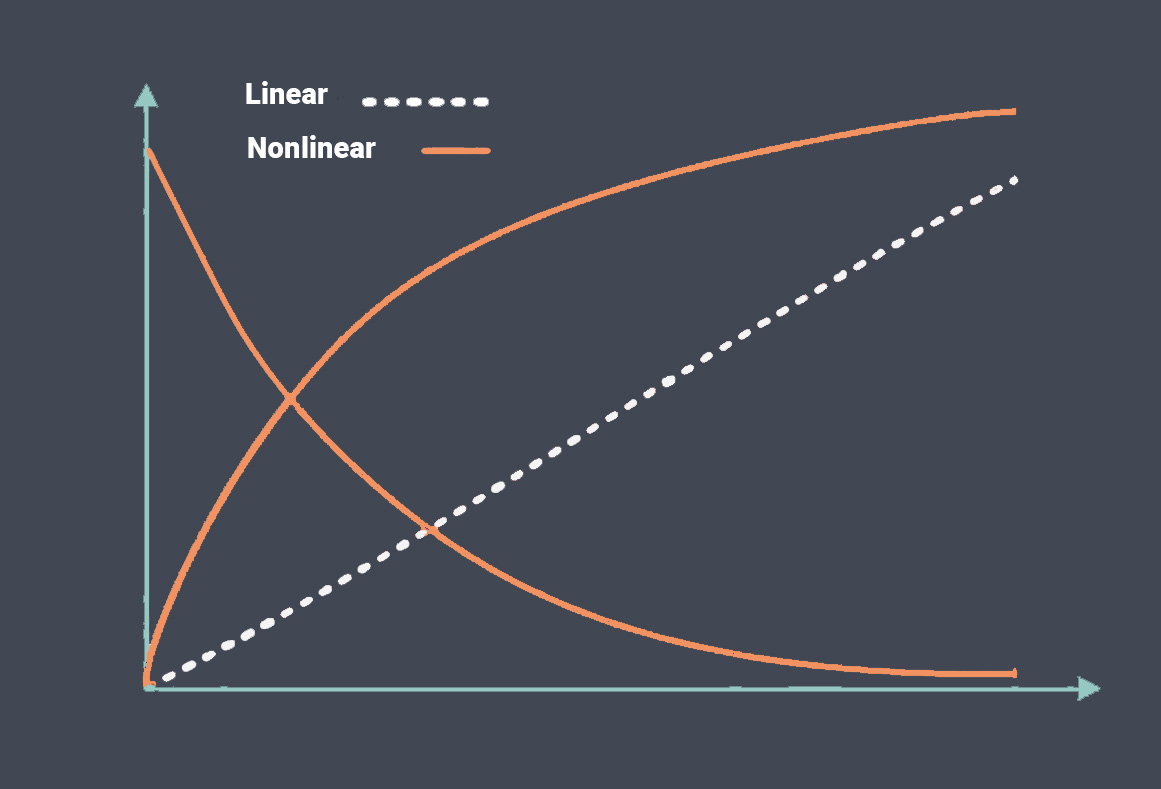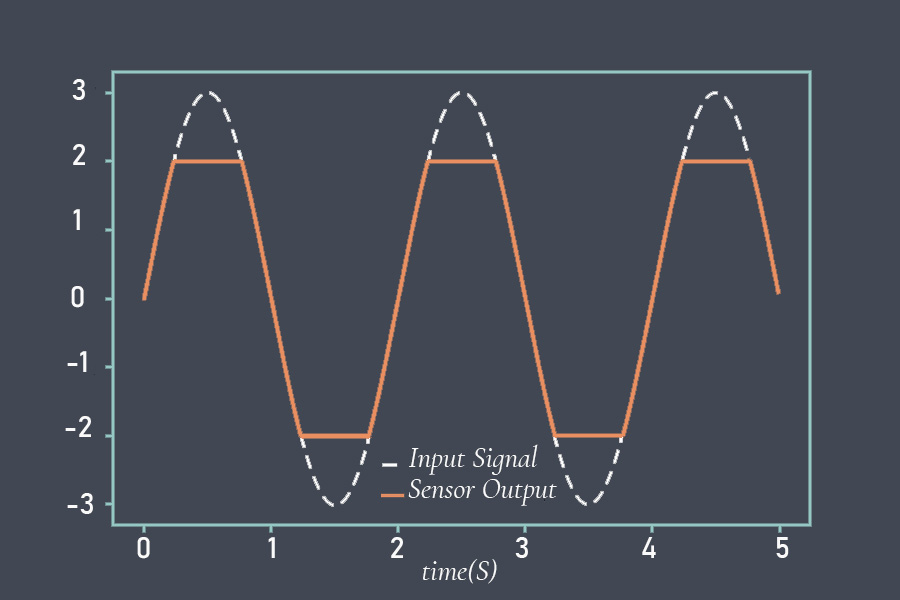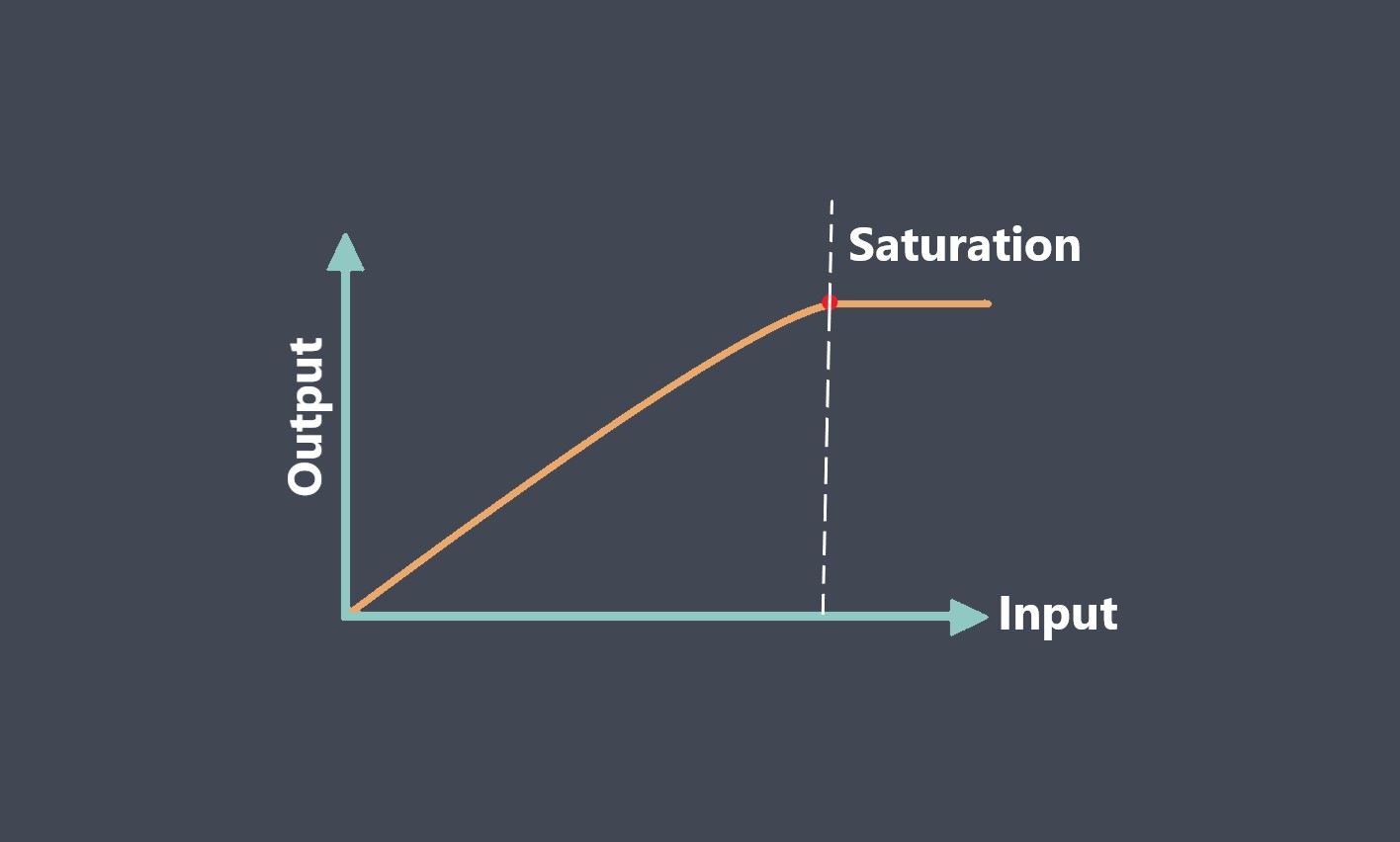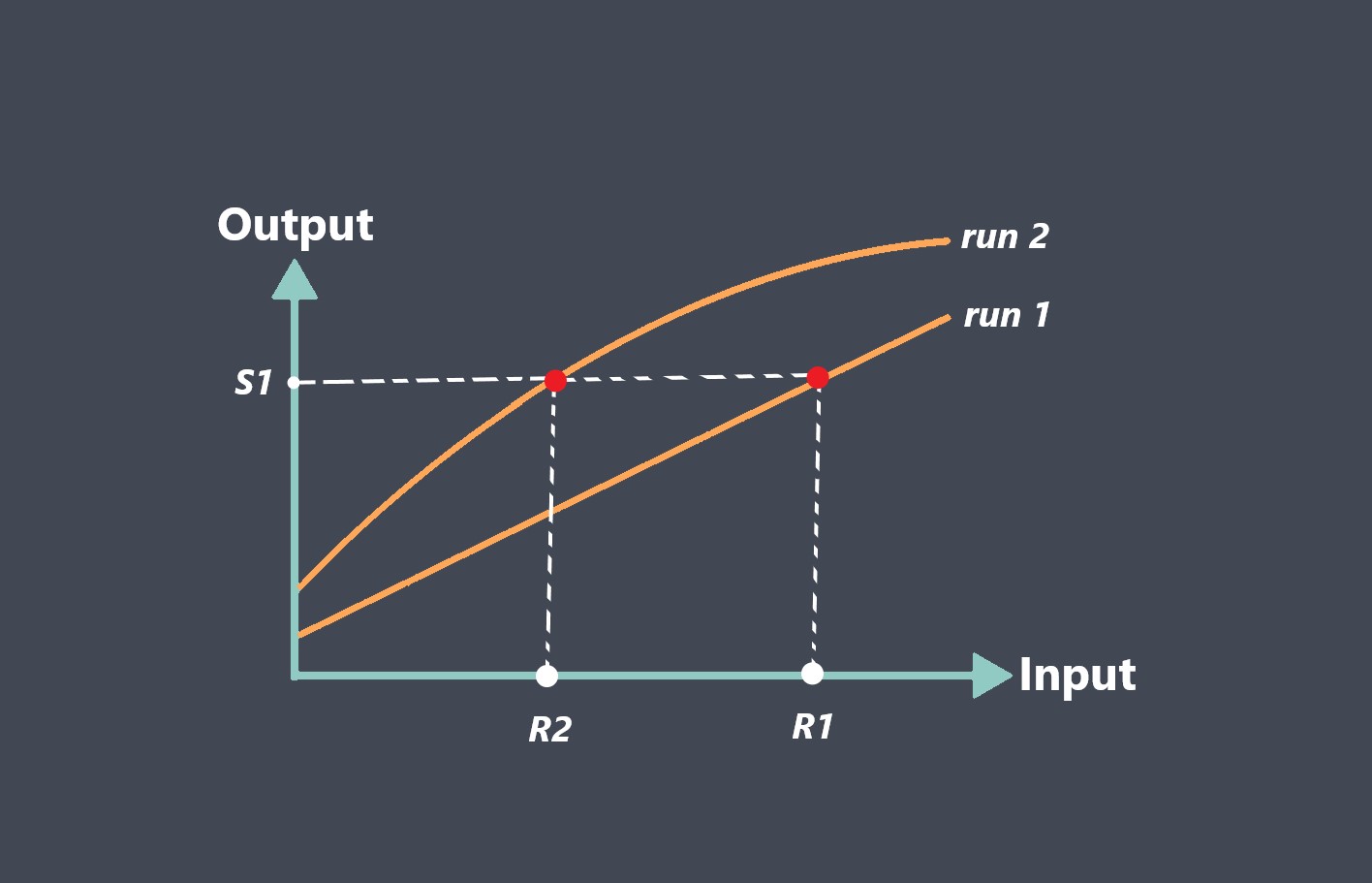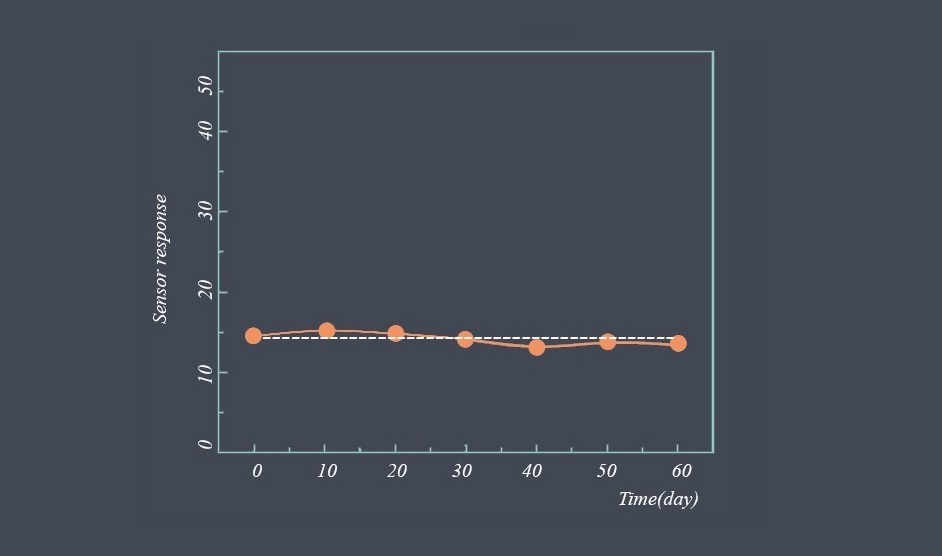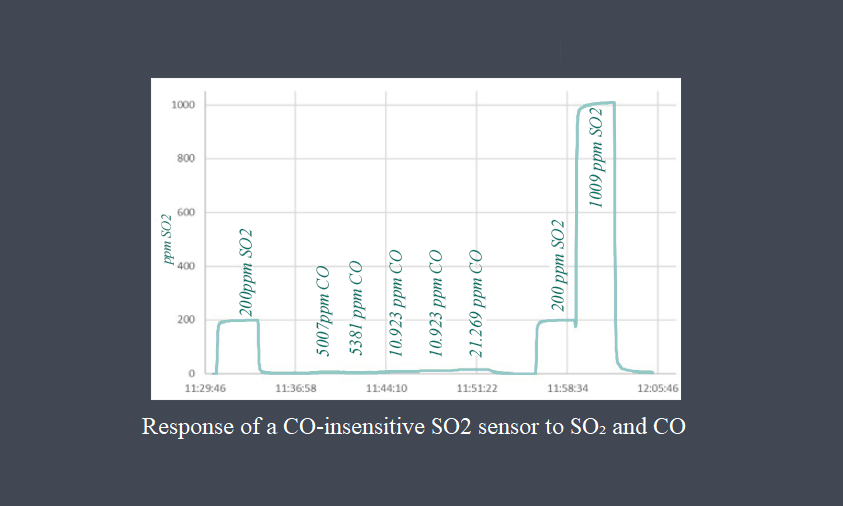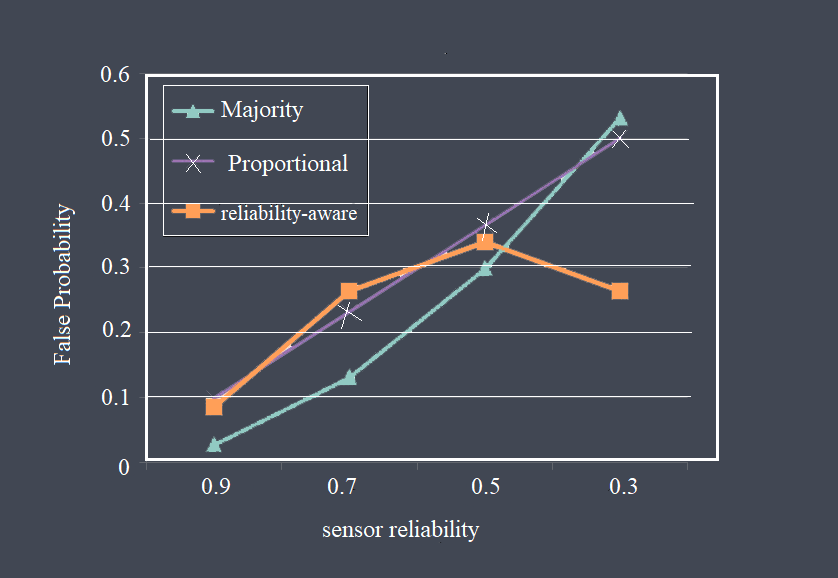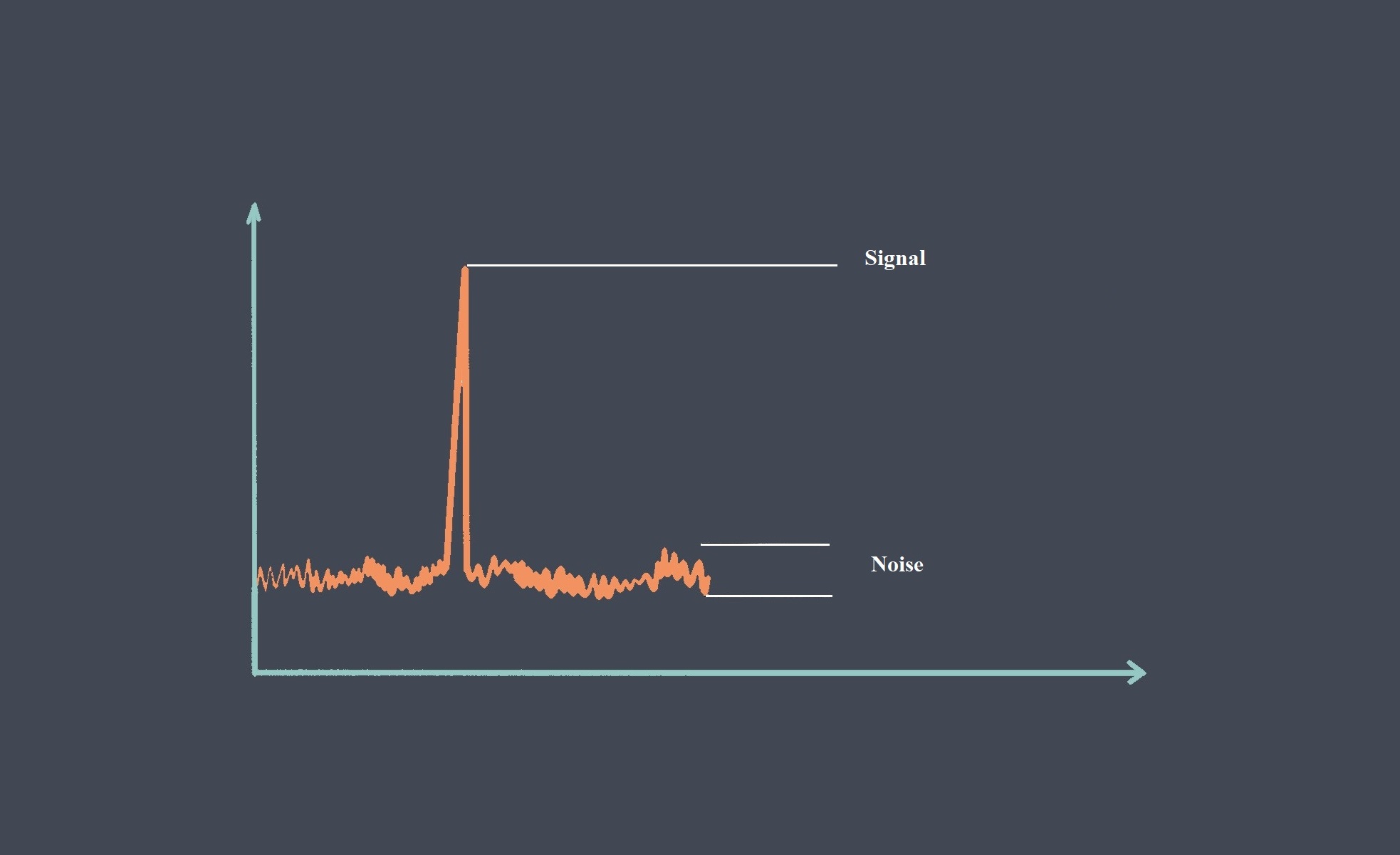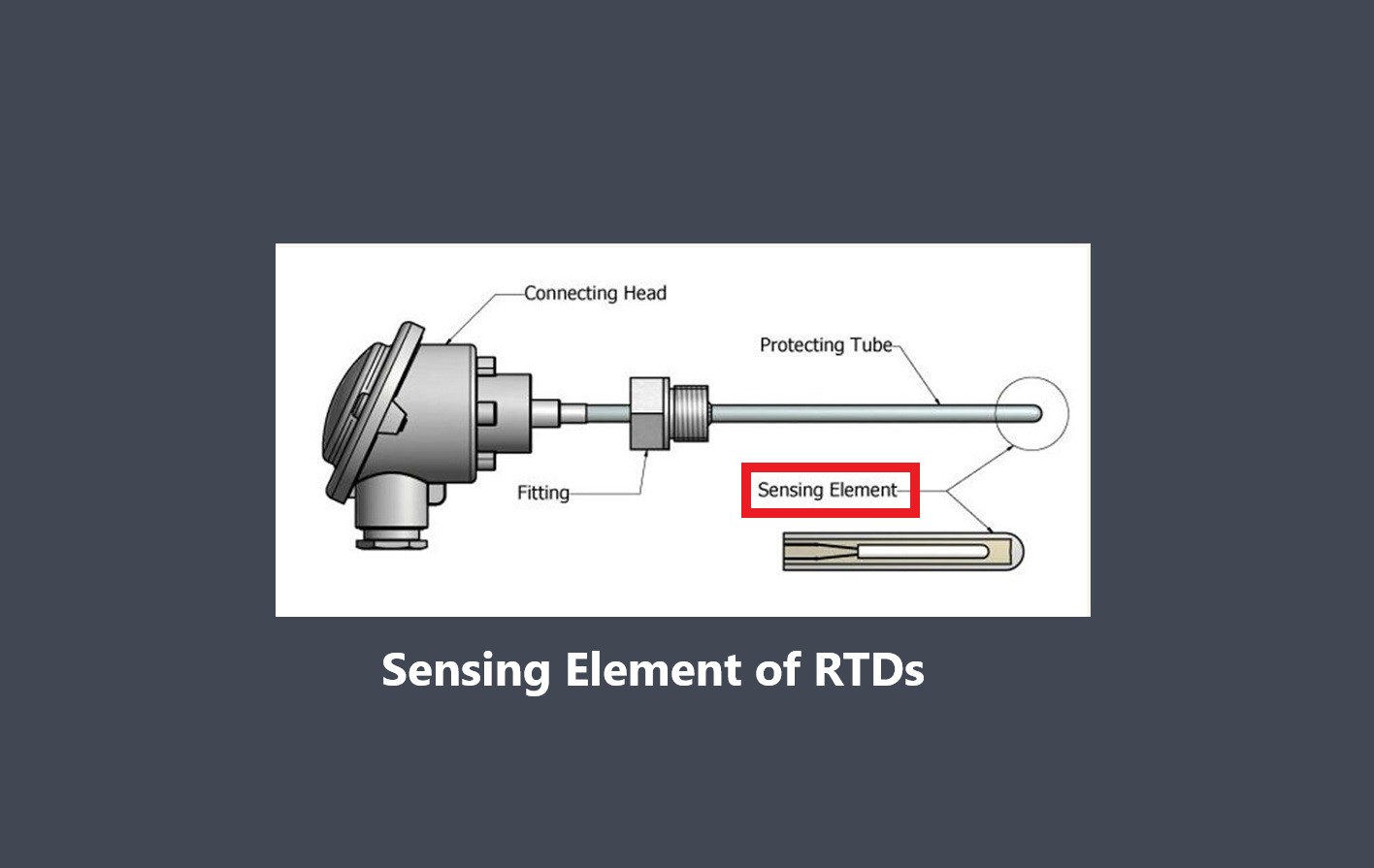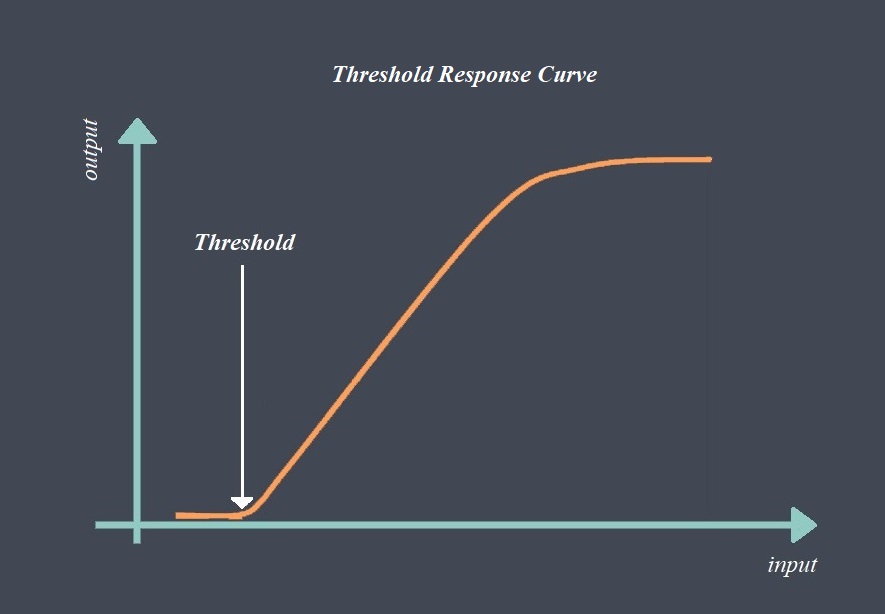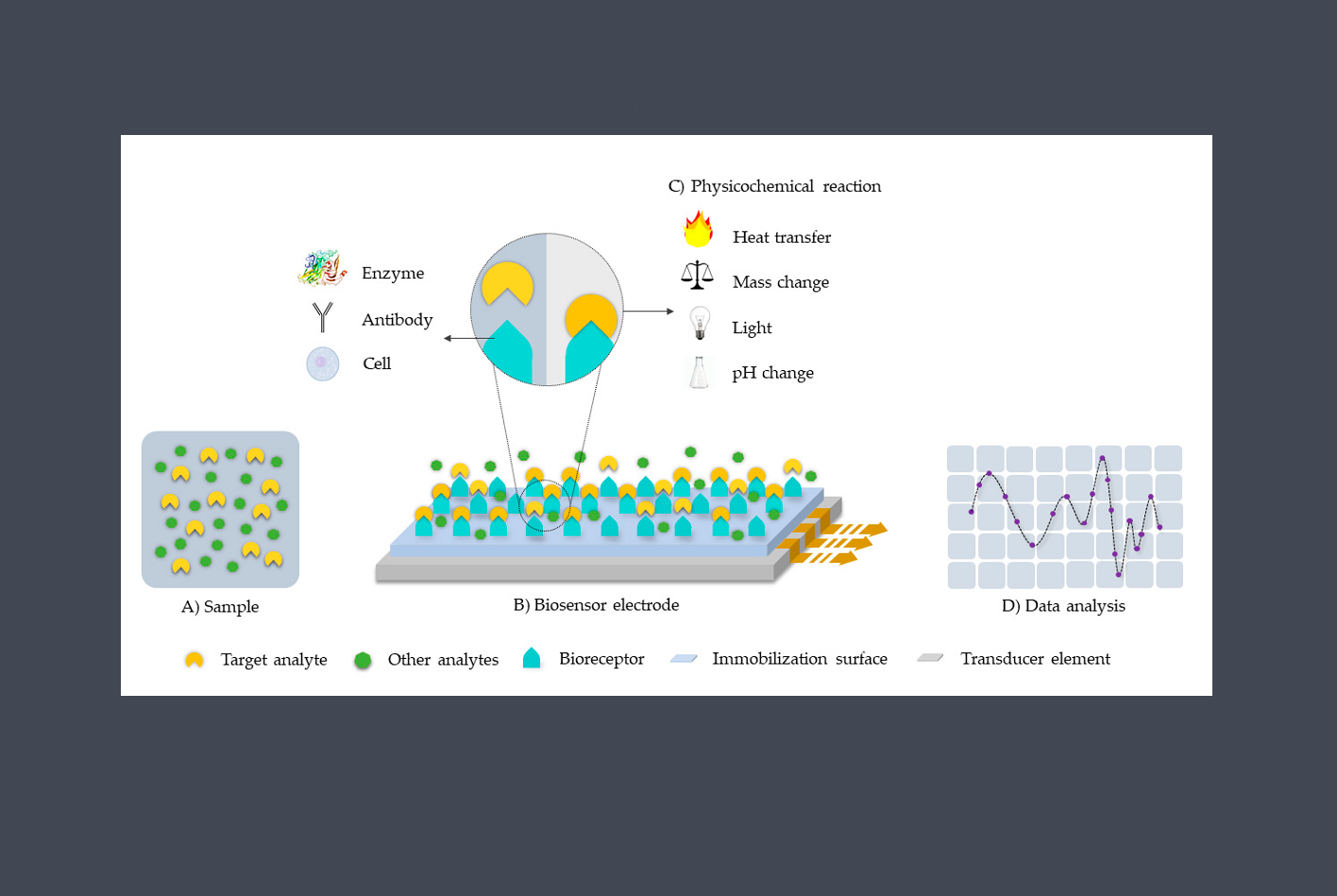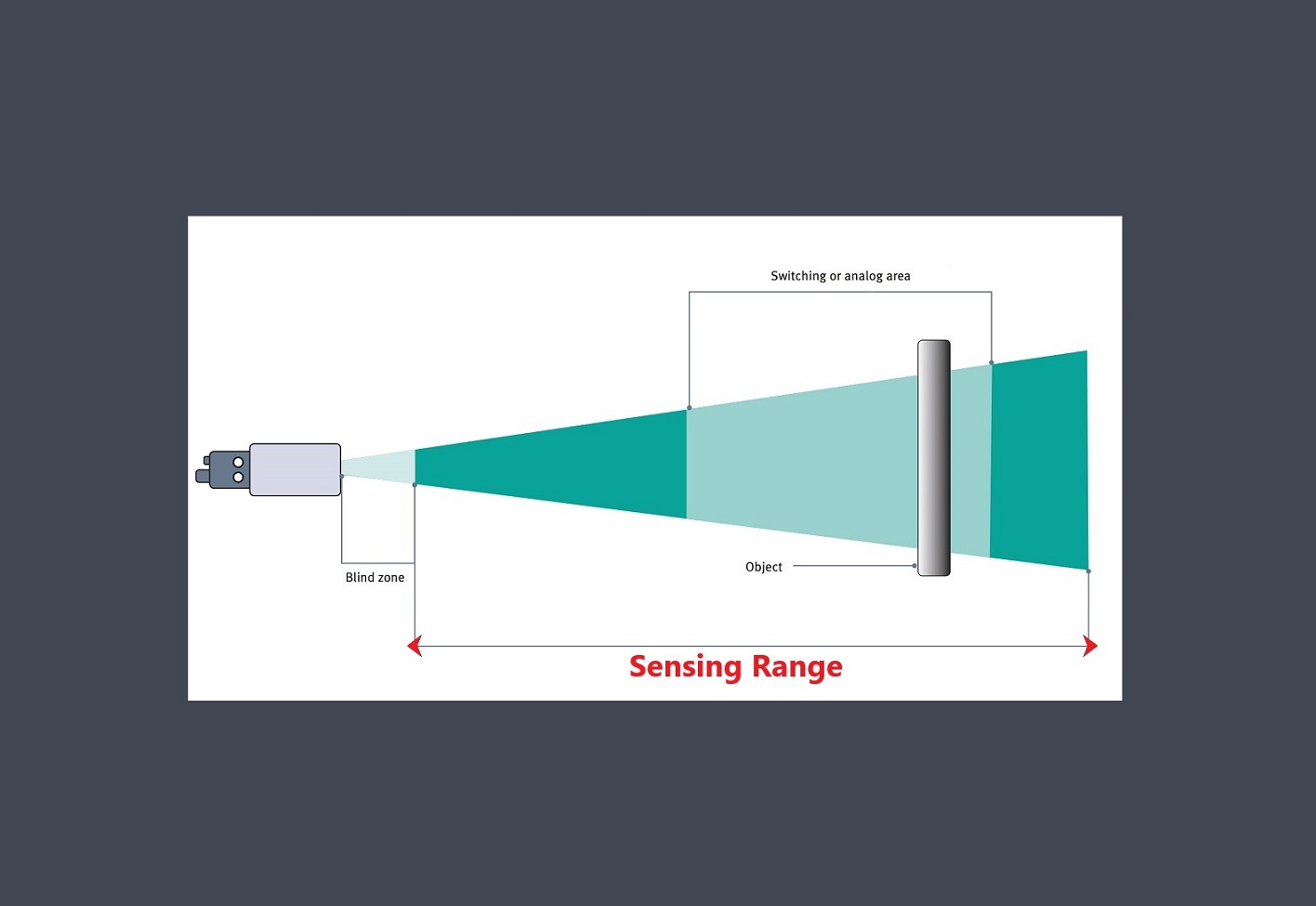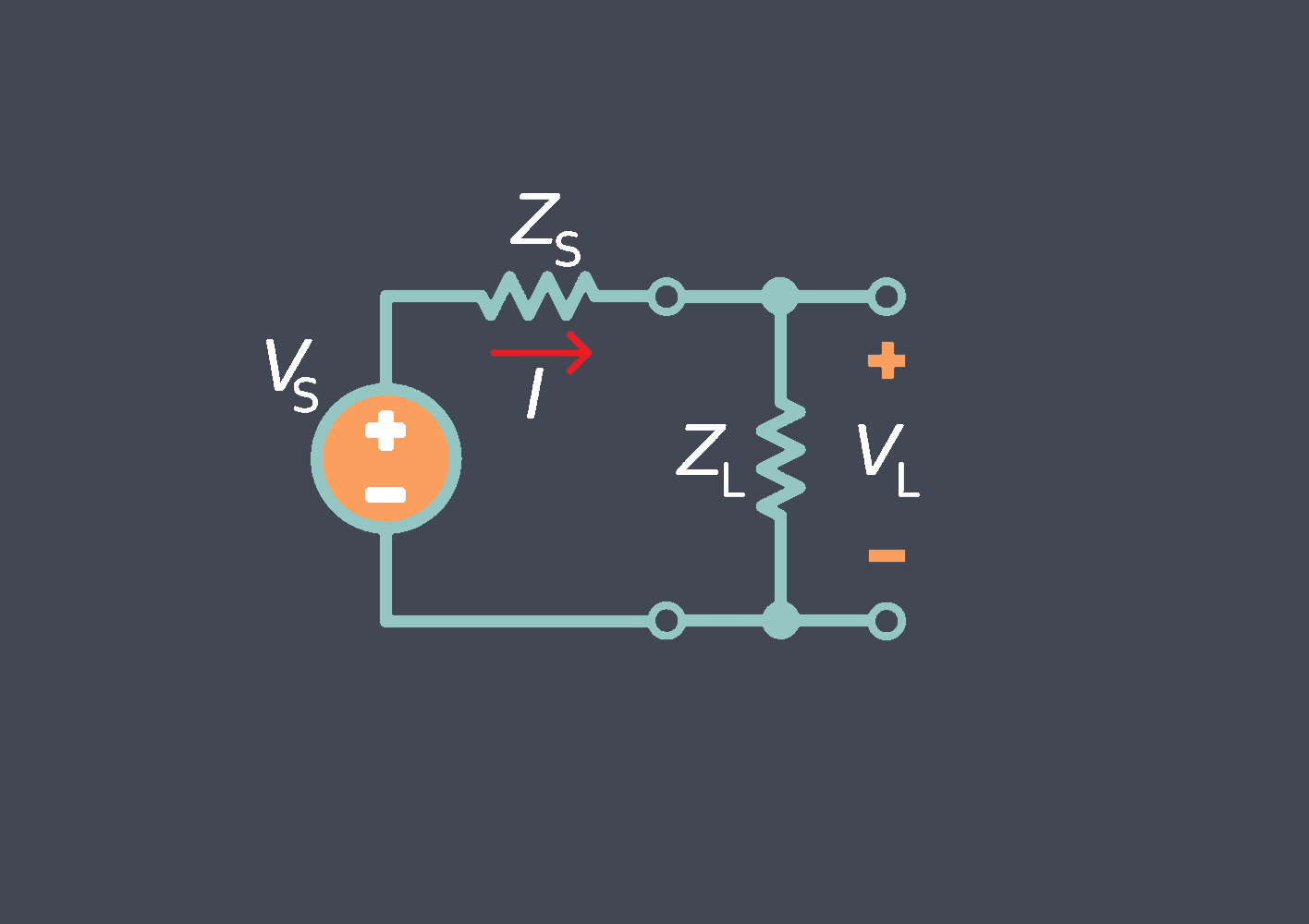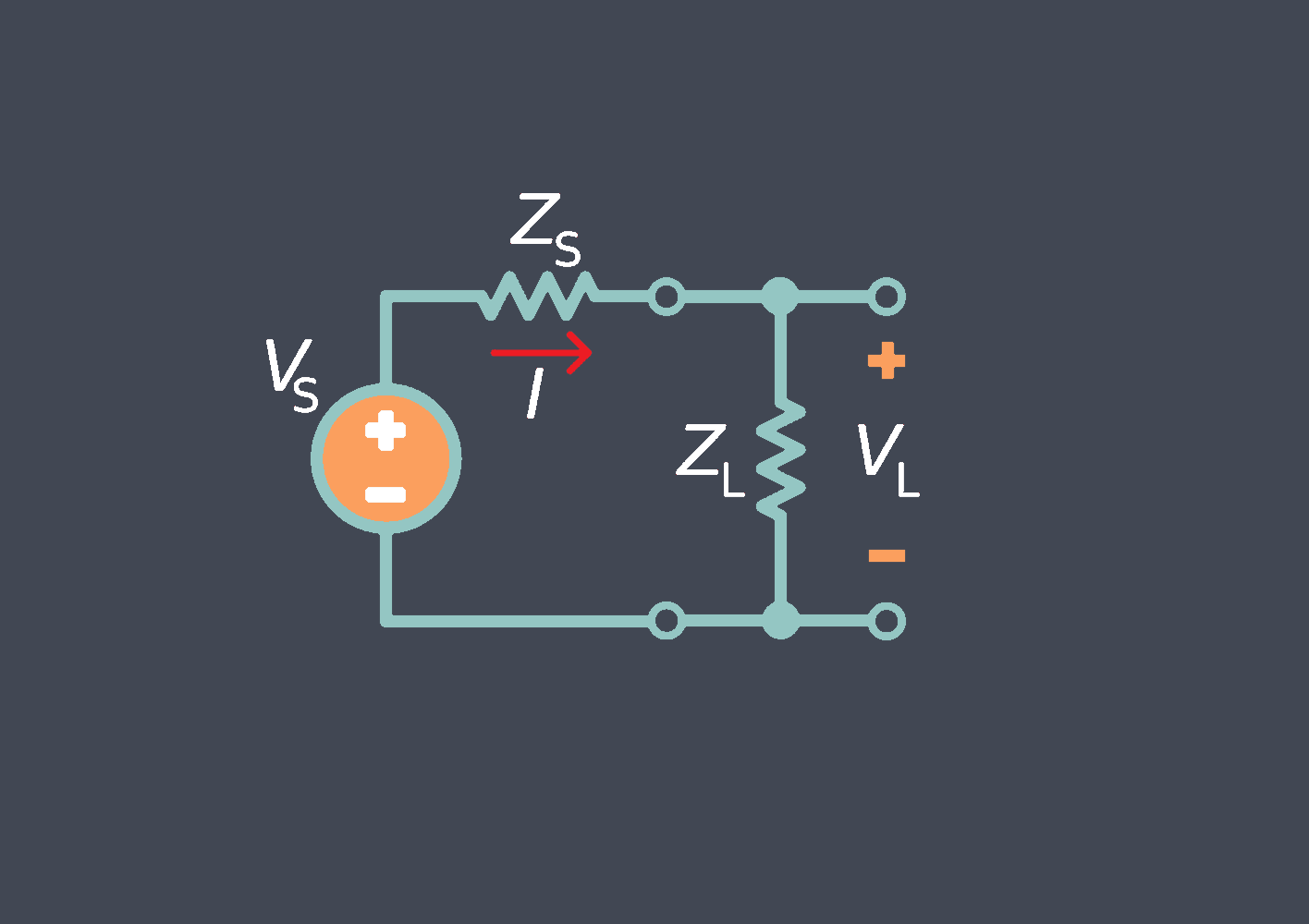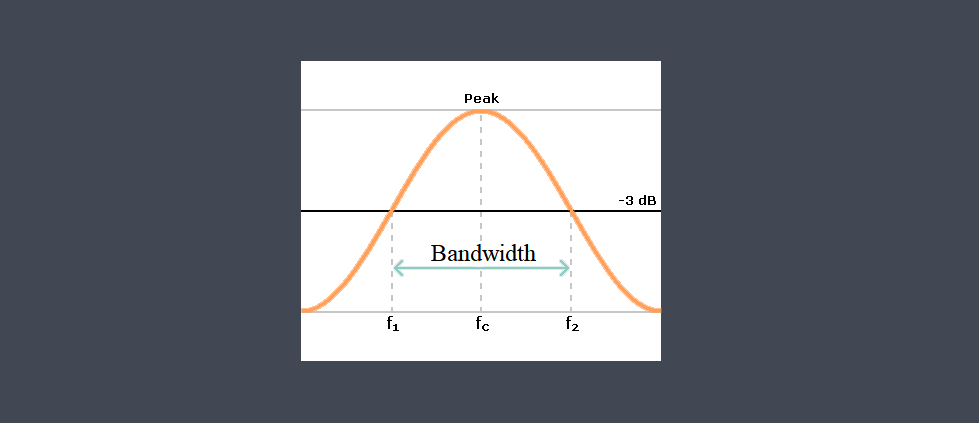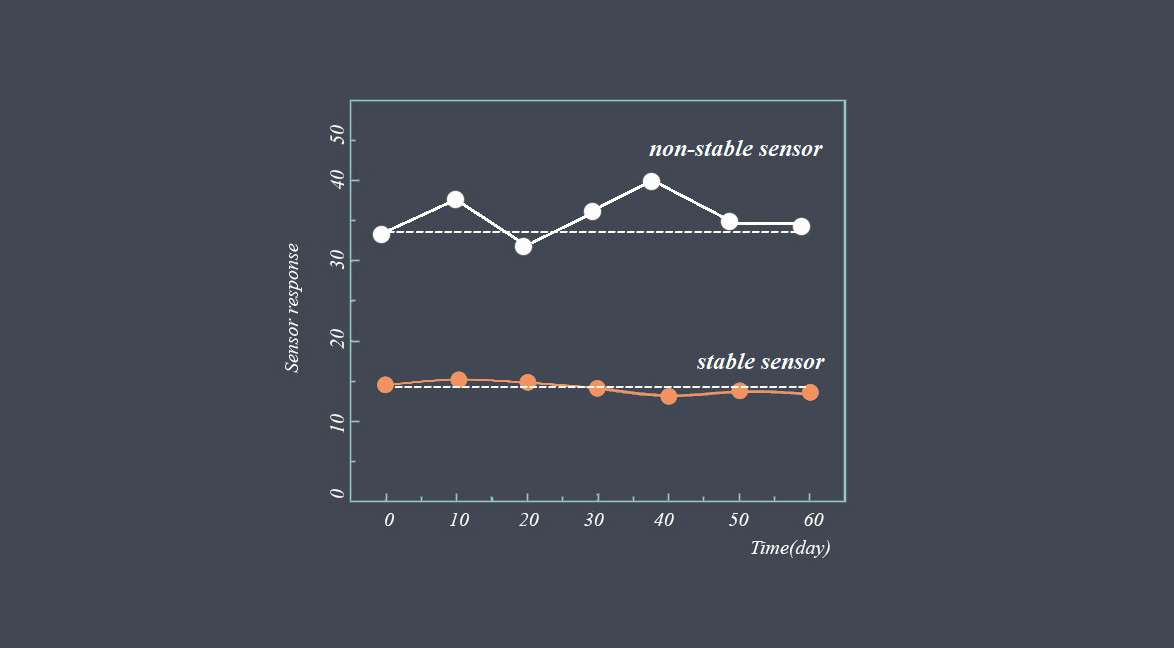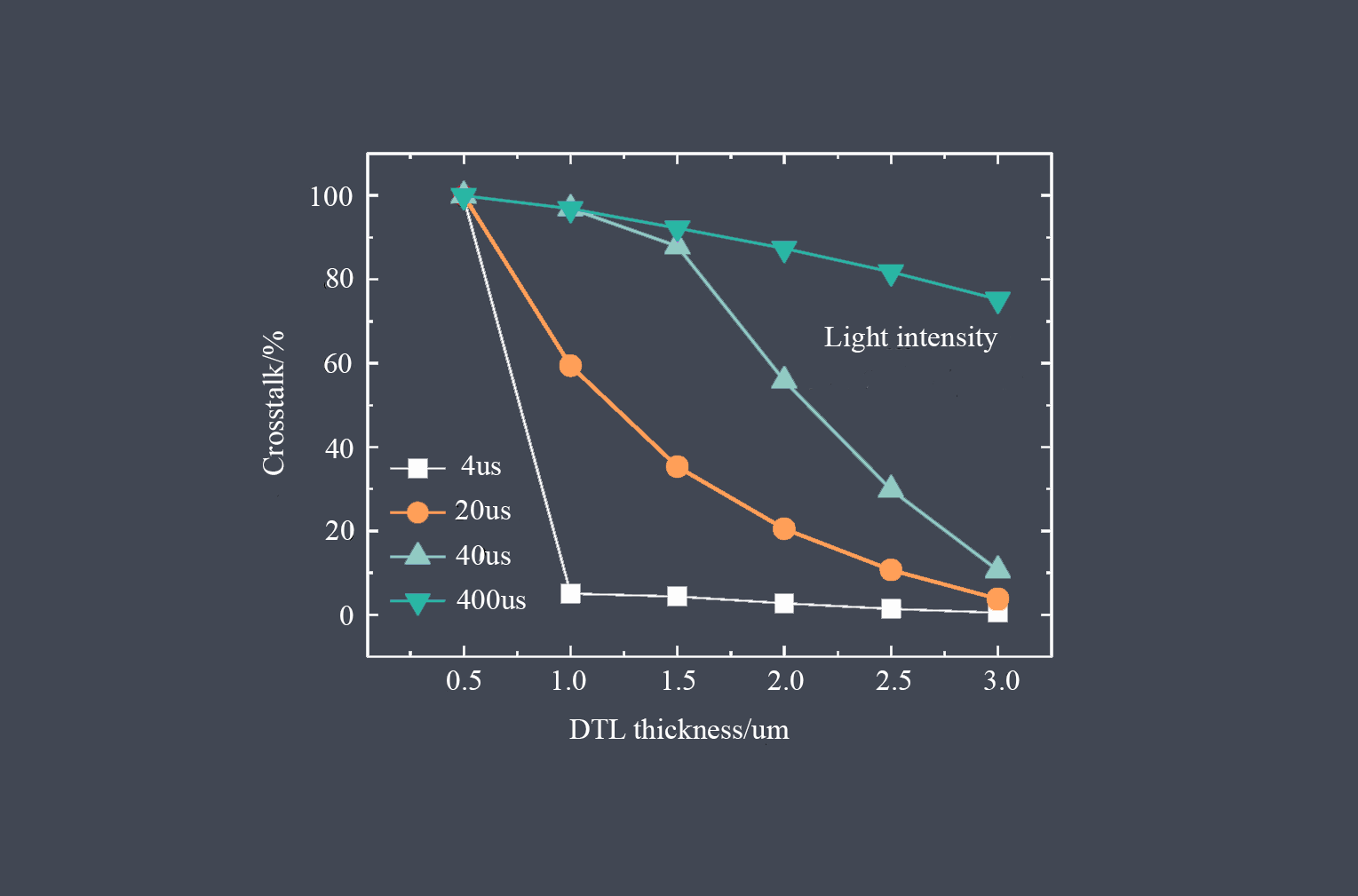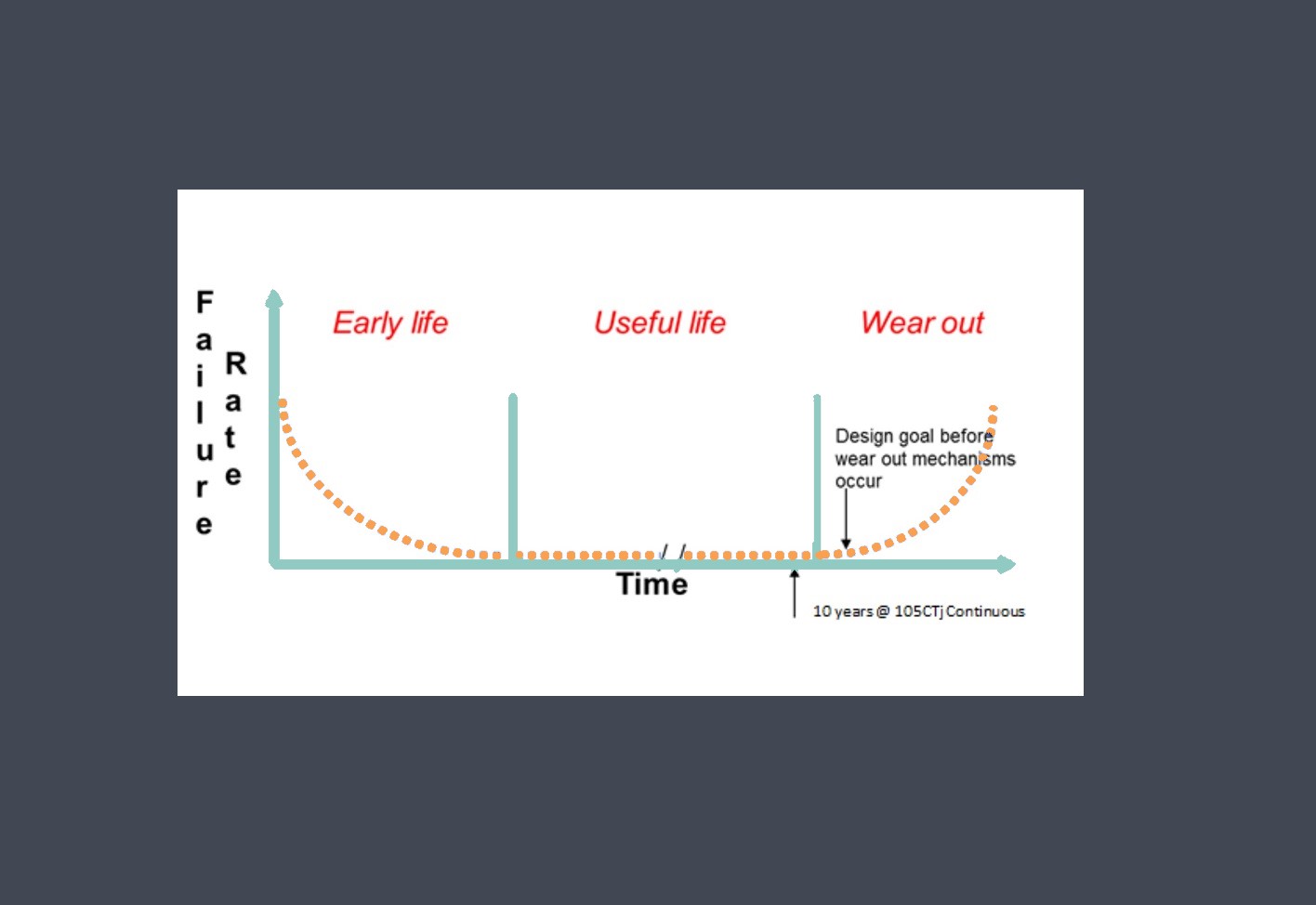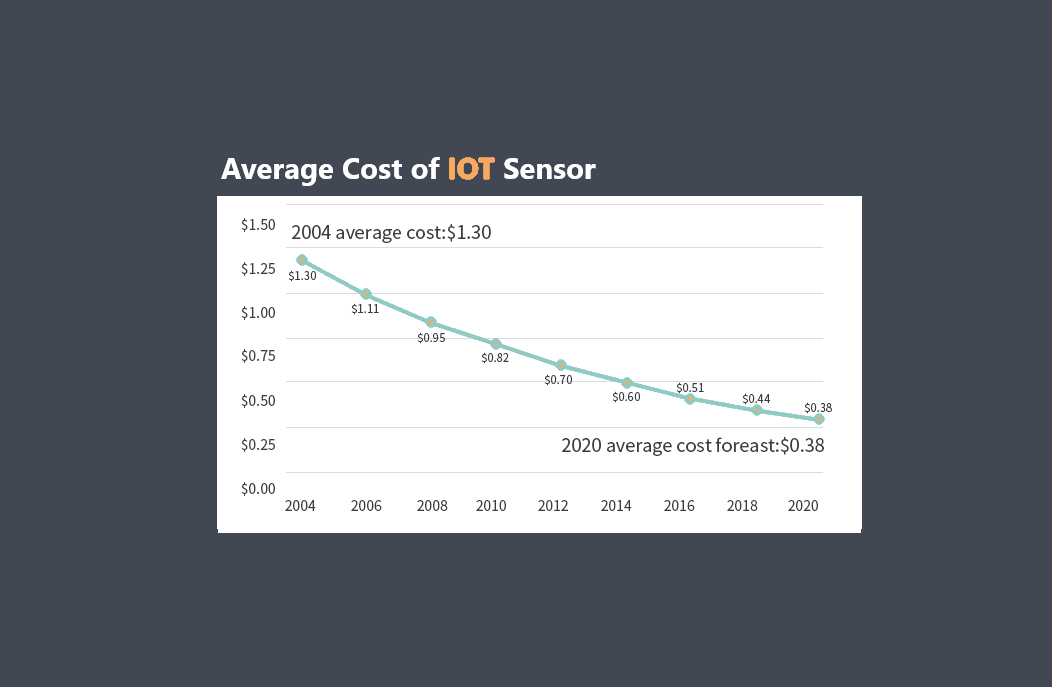
Sensor cross-talk refers to the interference or influence of one sensor on another sensor’s measurements. It occurs when signals or energy from one sensor affect the accuracy or stability of another sensor’s readings. Cross-talk can occur due to various reasons, including electromagnetic fields, physical proximity, electrical coupling, or shared components.
Sensor cross-talk refers to the phenomenon where the signals or energy from one sensor interfere with the measurements or readings of another sensor. This interference can cause inaccuracies, errors, or noise in the readings, which can impact the overall performance and reliability of sensor systems.
Factors that cause sensor cross talk
There are various factors that can contribute to sensor cross-talk:
Physical proximity
When sensors are placed in close proximity to each other, the signals emitted by one sensor can be picked up by neighboring sensors, leading to cross-talk. This can happen when sensors are mounted on the same circuit board or share a common housing.
Electromagnetic interference (EMI)
External electromagnetic fields or electrical signals can induce voltages or currents in nearby sensors, affecting their readings. EMI can be generated by nearby electrical equipment, power lines, motors, or strong radio-frequency sources.
Electrical coupling
Sensors connected to a common power source or data acquisition system can introduce interference through electrical coupling. This occurs when the electrical current or voltage from one sensor affects the output or operation of another sensor.
Shared components or circuits
If two or more sensors share certain components or circuits, changes in one sensor’s output can influence the readings of another sensor. This is common in multiplexed or shared signal paths.
How to minimize sensor cross talk?
As it was said cross-talk can have detrimental effects on measurement accuracy and reliability, leading to erroneous or misleading data. It can introduce errors, bias, or noise in sensor readings, which can impact the overall performance of systems or processes that rely on these measurements.
To minimize or mitigate sensor cross-talk, several approaches can be implemented:
Physical separation
Physically isolating sensors from each other can reduce the chances of cross-talk. Keeping sensors at a sufficient distance and using shielding or barriers to block interference sources help maintain their individual integrity.
Proper wiring and grounding
Proper wiring and grounding techniques can minimize electrical coupling or electromagnetic interference. Separating power and signal lines, using shielded cables, and employing appropriate grounding techniques can help reduce cross-talk.
Signal conditioning
Implementing signal conditioning techniques such as amplification, filtering, or isolation can help eliminate or reduce unwanted interference in sensor signals. These methods can enhance the accuracy and reliability of sensor measurements by minimizing the impact of cross-talk.
Calibration and compensation
Calibrating sensors individually and compensating for cross-talk effects during calibration can help account for any known interference between sensors. This ensures accurate measurements and helps to eliminate or minimize the impact of cross-talk.
Sensor selection
Choosing sensors with low cross-talk characteristics or sensors specifically designed to minimize interference can be beneficial. Selecting sensors that are less susceptible to external influences can help reduce the likelihood and magnitude of cross-talk.
By addressing sensor cross-talk through these techniques, the accuracy, reliability, and performance of sensor systems can be improved, leading to more precise and trustworthy measurements.
Sensor cross-talk refers to the phenomenon where the signals or energy from one sensor interfere with the measurements or readings of another sensor. This interference can cause inaccuracies, errors, or noise in the readings, which can impact the overall performance and reliability of sensor systems.
